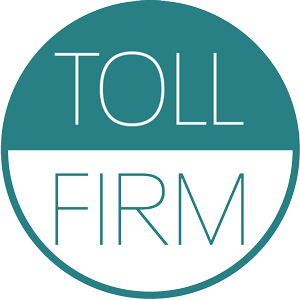If you or a loved one has recently been injured in a crash involving a large commercial truck, you may be dealing with catastrophic and possibly life-changing injuries. Treatment can easily involve multiple surgeries, long hospital stays, years of physical and other types of therapy and the inability to continue working.
The potential long-term costs can be difficult to even think about. Moreover, as you work to get compensation if the truck driver caused the collision, you may find that it’s not as simple as seeking compensation from the operator of a light vehicle, like a passenger car or SUV.
When can a carrier be held liable?
In addition to the complexities involved in holding a professional driver accountable for their negligence, a victim of a truck collision may also be in a position to hold the company that owns the truck and employs the driver liable. Carriers must ensure that their drivers are trained and licensed and are regularly drug tested.
They’re also responsible for ensuring that they and their drivers are following Federal Motor Carrier Safety Administration (FMCSA) and other safety regulations. For example, Hours of Service (HOS) rules help prevent drivers from being behind the wheel longer than is safe. When carriers fail to follow through on these obligations and their workers cause others harm, they may potentially be held liable for that harm.
What other parties might be partially or totally liable?
If the crash was caused by a lack of maintenance for the truck, it needs to be determined who was responsible for that failure. Typically, the truck’s owner (for example, the carrier) is responsible for the maintenance and safety, however, a maintenance provider could also be held liable for its inadequate approach.
Other potential sources of liability include the truck or a parts manufacturer if a defect caused the crash or a government entity if there was a road hazard that went unattended or unrepaired and contributed to the cause(s) of the wreck.
Commercial trucks and drivers are more strictly regulated and closely monitored than ever, thanks in part to technological advancements. Nonetheless, things go horribly wrong sometimes. It’s a safe bet that those with any amount of responsibility for a serious crash will do their best to pass the buck and try to minimize their own liability. This is just one reason why it’s so crucial to seek experienced legal guidance in the aftermath of a crash caused by a truck to deal with all of these potential complexities.

